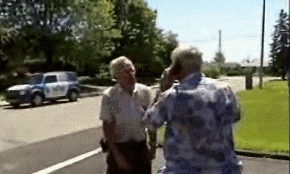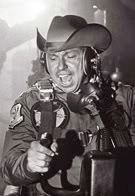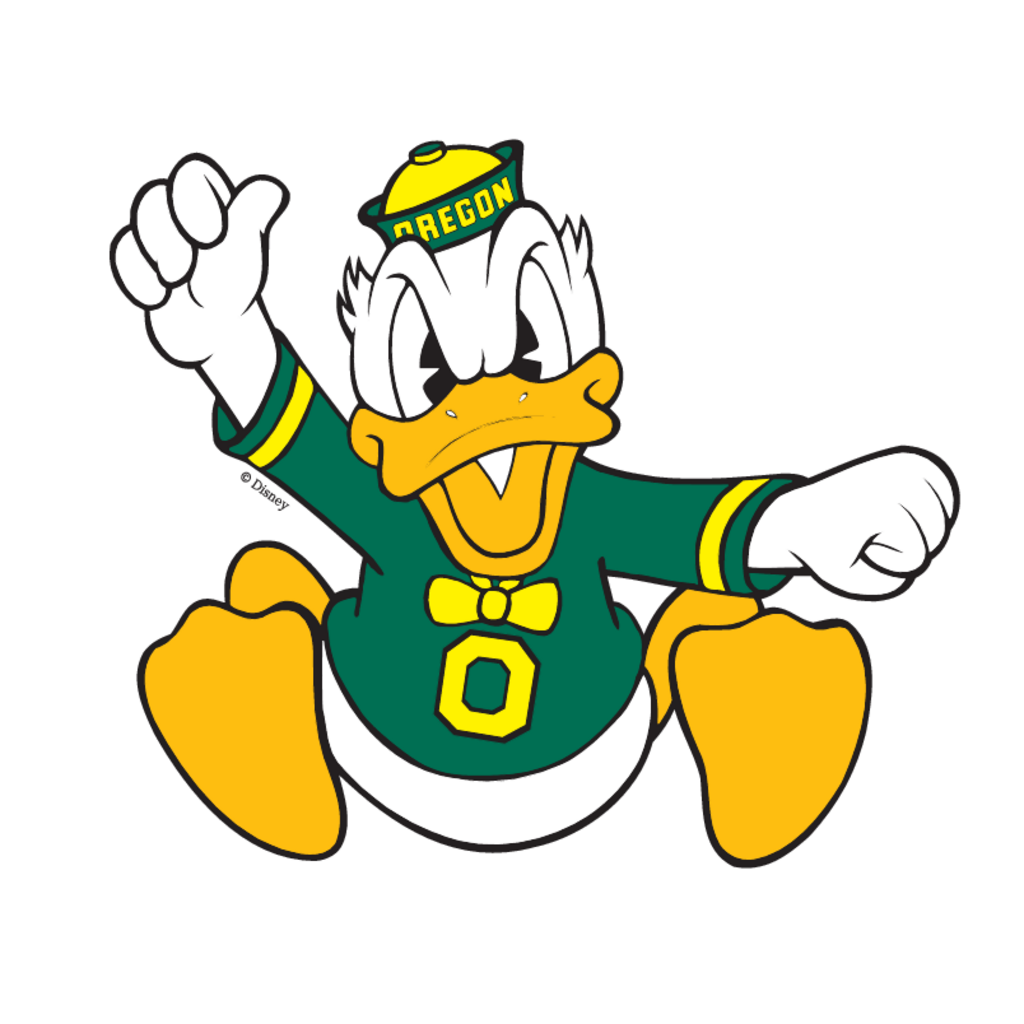A
wake, defined as
a watch or vigil held beside the body of someone who has died, is called such because sometimes the bodies weren't really lifeless, and they would awaken after being presumed dead.
Dead ringer comes from American horse racing and originated at the end of the 19th century, when a horse that would be raced under a false name and pedigree was called a
ringer. The word
dead in this expression refers not to lifelessness, but to
precise or
exact. However, I read some time ago that it originated from when people would be buried with a string around their wrist tied to a bell above ground. Some folks were, unfortunately, interred prematurely, and if they awoke in the coffin, there were watchmen who would hear the bell ring and rush to have them dug up, which also led to the expression
saved by the bell. This may not be true, but hey, why let facts get in the way of a good story?
Along the same lines,
"Don't throw the baby out with the bath water" is popularly believed to have originated in medieval times when water for bathing was scarce and baths were seldom taken. When they were, whole families would bathe in the same water, from the patriarch down the pecking order to the youngest child. By the time the youngest was finished bathing, the water was basically black, and care would have to be taken when draining the tub not to
throw the baby out with the bath water. This is, sadly, also not true, but the expression did originate in the 1500s (1512, to be exact) in Germany as
Schüttet das Kind mit dem Bade aus as part of a satirical work that translates to
Appeal to Fools. The phrase was part of everyday German language from then onward but didn't emerge in English until the 19th century, when it was translated in an essay denouncing slavery entitled
Occasional Discourse on the mvscal Question written in 1849.









